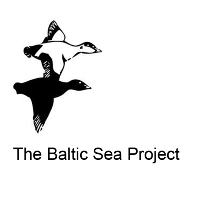About BSP
The Baltic Sea Project is an international network among UNESCO ASPnet schools for a better environment in the Baltic catchment area. The countries bordering on the Baltic share many environmental problems, starting with the pollution of the Baltic Sea. These problems can only be solved by cooperation among those countries, which have different languages, cultures, habits, traditions and technical standards. In attempting to solve the environmental problems, education is one of the key factors. The Baltic Sea Project (BSP) has therefore initiated cooperation among schools in all the countries around the Baltic. Today, over 165 schools are active in the BSP. Most are secondary schools situated on the Baltic coast, but the number of inland schools from the entire catchment area is increasing. In many schools, the BSP has been organized as a joint effort including many subjects.
Objectives
- To increase the awareness of the students about the environmental problems in the Baltic Sea area and to give them an understanding of the scientific, social and cultural aspects of the interdependence between man and nature.
- To develop the ability of the students to study changes in the environment.
- To encourage students to participate in developing a sustainable future.
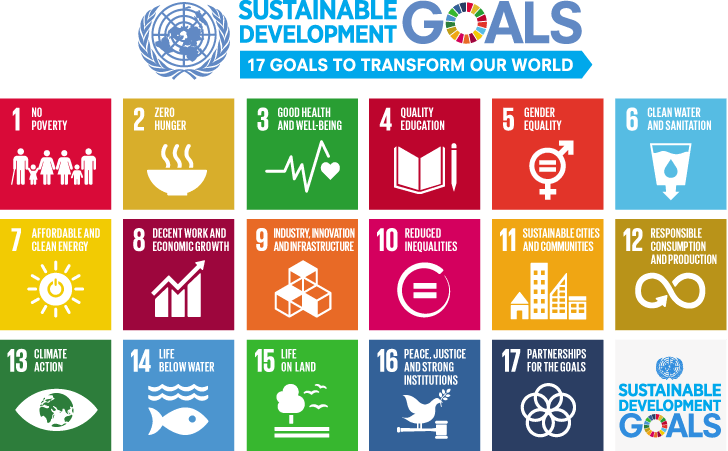
Practical measures
- To set up a network of schools and other educational institutions.
- To create and develop educational approaches and joint programmes for environmental and international education.
- To organize joint activities and events.
- To publish the BSP newsletter and other relevant information.

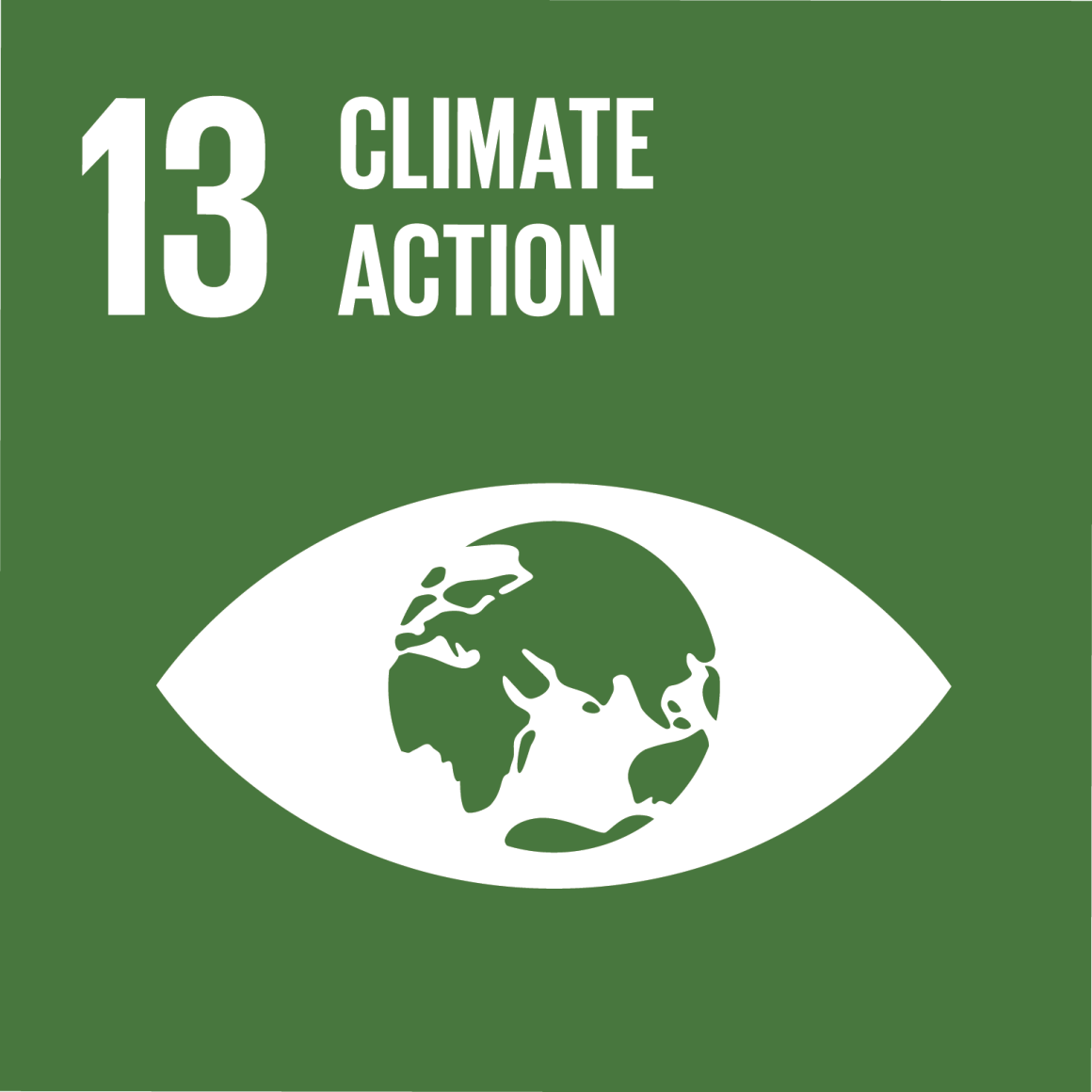


Educational approach
- To achieve a balance between a holistic view and individual subject studies.
- To change the role of the student from passive recipient to active constructor.
- To change the role of the teacher from supervisor to guide in a learning process.
- To use networks to provide participants with opportunities to learn and pass along new ideas.
- To use international cooperation as an inherent element of school work.
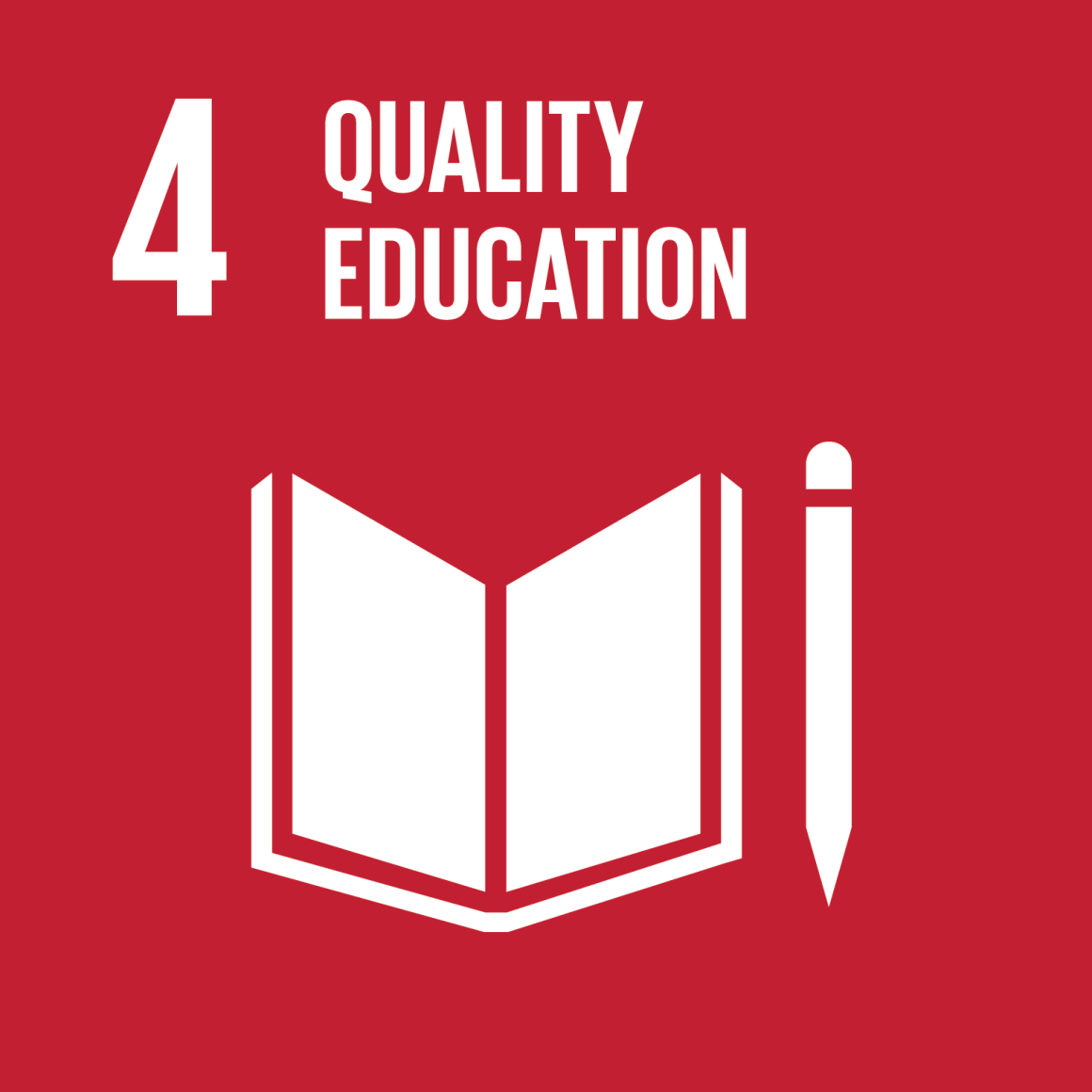
International contacts
Schools in different countries have contacts through correspondence, exchanging exhibits and videos, by visits etc. During these visits the students usually study and discuss local environmental problem together and compare the results.
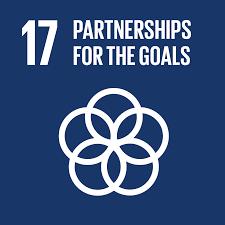
Information on BSP
Information about BSP schools in the different countries can be obtained through the "Catalogue of School Activities". In this catalogue the schools find names and addresses of teachers and activities in other schools.
A newsletter is produced at least once a year and is distributed free of charge to all BSP schools. In it, the teachers and students present their work and their contacts with other schools.
More information you can also read in The Baltic Sea Project (second edition).
Organizations and coordinating personal
There is a national coordinator or coordinators in each participating country. At least once a year the coordinators meet to evaluate the project and to plan future activities.
The general coordinator is responsible, besides other tasks, for contacts among the countries.
Finland started the project with Ms. Liisa Jääskeläinen as general coordinator from 1990 to 1993.
Ms. Siv Sellin from Sweden took over in 1993 and passed the torch to Denmark and Ms. Birthe Zimmermann took over in 1997.
In 2000, it was Germanys turn with Ms. Ute Grönwoldt, but Ms. Jolanta Mol from Poland took over in 2003.
From 2006 to 2009 - period of Lithuania with general coordinators Ms. Ruta Jociute-Zolyniene and Ms. Migle Simanaviciene.
From 2009 - 2012 Latvia has the responsibility of general coordination with Ms. Velga Kakse as general co-ordinator.
In the year 2012 Estonia took over the coordination and general coorinator was Ms. Kersti Sõgel till 2014 when the general coordinator's responsibility went to Ms. Gedy Siimenson in Foundation Tartu Environmental Education Centre.
After the 9th international conference "Science of Changes" that was held in Tallinn, 5-8-june 2015, the general coordinator went to Mr. Stanislav Babitch from Russian Federation.
Contact the Coordinator in your country for more information.
